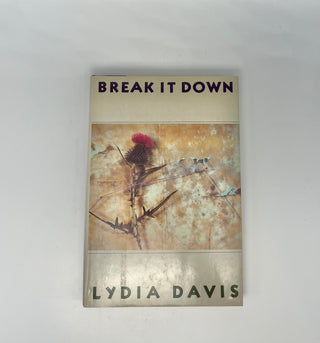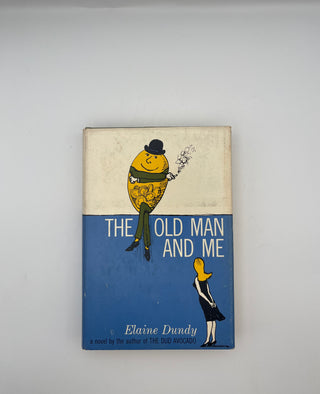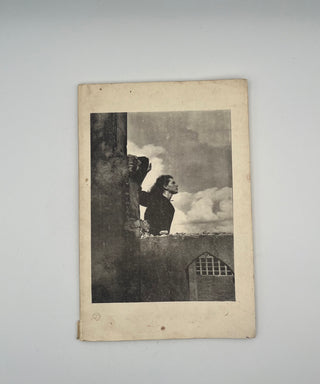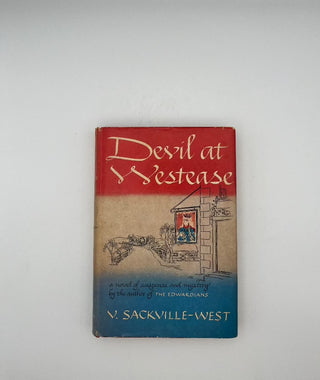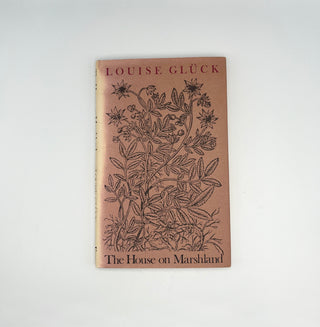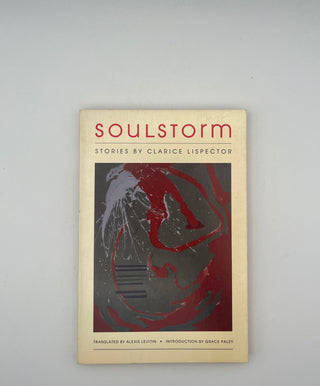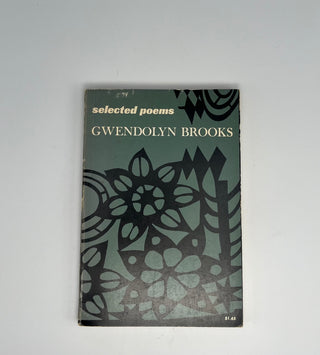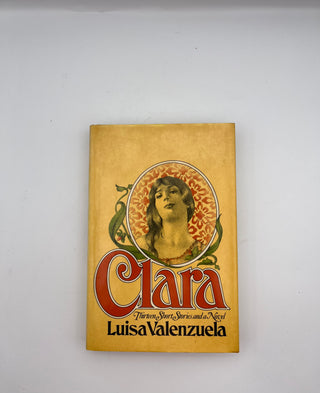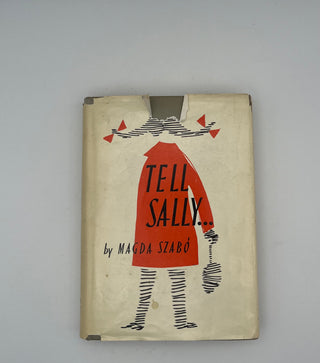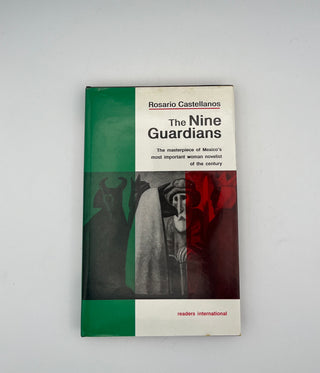The Easter Party by V. Sackville-West. 1953 Doubleday, first U.S. edition, 250 pages. According to the New York Times at the time: "In "Easter Party" she has assembled a number of attractive week-end guests, posed a psychiatric problem and offered a solution smooth and tidy enough to fit into the glossier magazine sections." Sackville-West was a novelist, poet, essayist, and friend to many in the Bloomsbury Group. Rebecca Dinerstein Knight in The Paris Review starts a wonderful biographical essay on Sackville-West thusly: "How preposterous is it that Vita Sackville-West, the best-selling bisexual baroness who wrote over thirty-five books that made an ingenious mockery of twenties societal norms, should be remembered today merely as a smoocher of Virginia Woolf? The reductive canonization of her affair with Woolf has elbowed out a more luxurious, strange story: Vita loved several women with exceptional ardor; simultaneously adored her also-bisexual husband, Harold; ultimately came to prefer the company of flora over fauna of any gender; and committed herself to a life of prolific creation (written and planted) that redefined passion itself."
The Easter Party by V. Sackville-West. 1953 Doubleday, first U.S. edition, 250 pages. According to the New York Times at the time: "In "Easter Party" she has assembled a number of attractive week-end guests, posed a psychiatric problem and offered a solution smooth and tidy enough to fit into the glossier magazine sections." Sackville-West was a novelist, poet, essayist, and friend to many in the Bloomsbury Group. Rebecca Dinerstein Knight in The Paris Review starts a wonderful biographical essay on Sackville-West thusly: "How preposterous is it that Vita Sackville-West, the best-selling bisexual baroness who wrote over thirty-five books that made an ingenious mockery of twenties societal norms, should be remembered today merely as a smoocher of Virginia Woolf? The reductive canonization of her affair with Woolf has elbowed out a more luxurious, strange story: Vita loved several women with exceptional ardor; simultaneously adored her also-bisexual husband, Harold; ultimately came to prefer the company of flora over fauna of any gender; and committed herself to a life of prolific creation (written and planted) that redefined passion itself."

